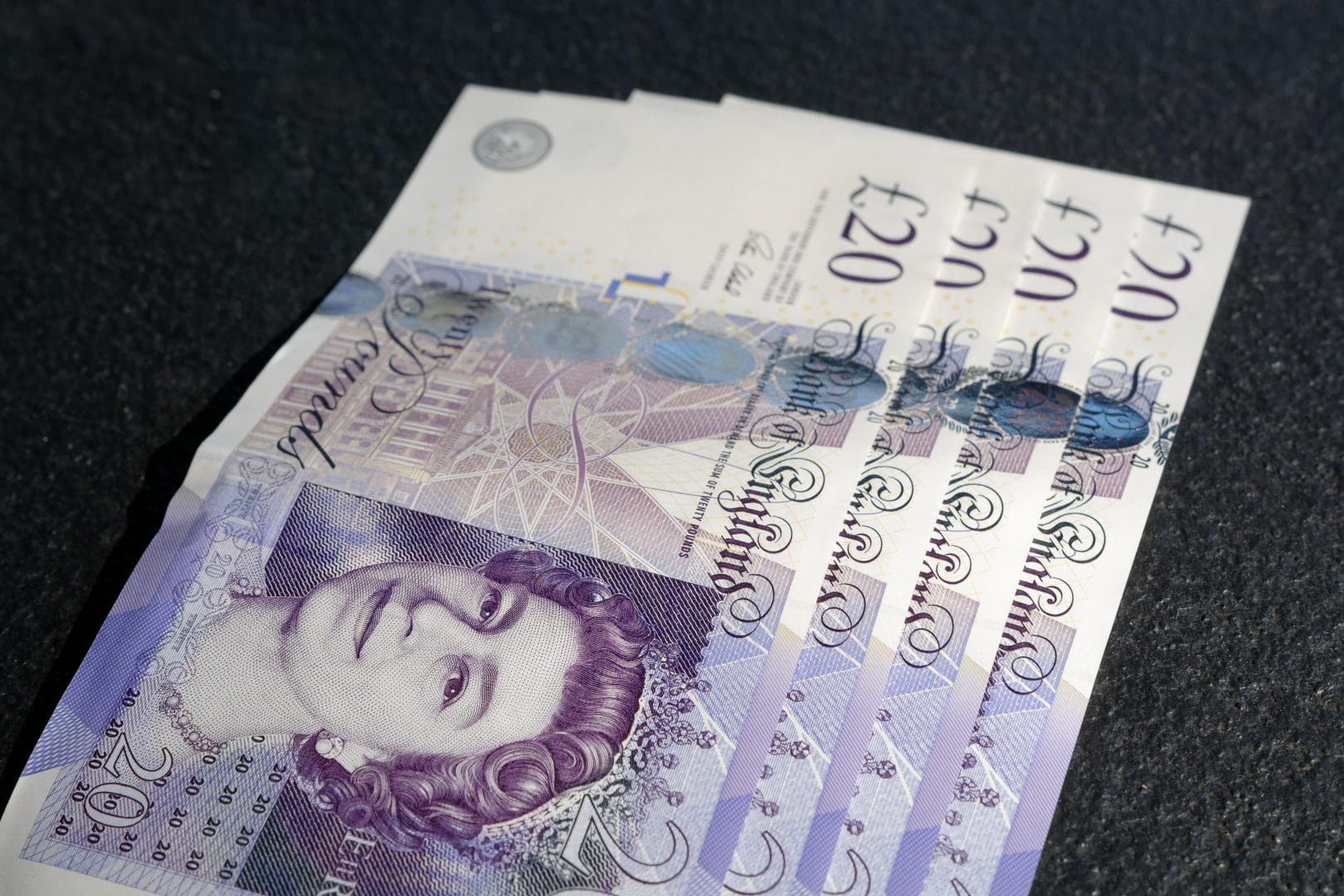In corporate insolvencies, the order of priority for repayment is:
- Fixed charge (secured) creditors
- Costs of the insolvency process
- Preferential creditors
- Floating charge creditors
- Unsecured creditors
- Shareholders
Under current law, when a company enters into insolvency, any taxes owed to HMRC by the insolvent company will be an unsecured claim against the company. However, as announced as part of the Autumn Budget last year, it is proposed that HMRC will become a preferential creditor in relation to insolvencies which commence after 6 April 2020.
This will mean that HMRC will climb the table of priorities as above. In particular, tax payments due to HMRC for VAT, PAYE, NIC and CIS will become preferential claims. CGT, corporation tax and employers NIC will remain as unsecured claims.
This change, if approved by Parliament, will mean that trade creditors (amongst others) will receive less than at present if a customer becomes insolvent owing them money.
History
Crown prerogative dates back to Magna Carta. However, Crown preference, as it became known, was abolished in 2003 when the Enterprise Act 2002 came into effect. The reason for its abolition was that it was considered to be unfair to other creditors. With its abolition came a number of other alterations to the insolvency process with the intention of encouraging enterprise and business rescue.
Impact on floating charge creditors
Floating charge creditors are those whose lending is secured against a class of asset, for example stock, raw materials etc.
Floating charge lending is a very common form of business finance. If the proposals are enacted, floating charge lending will be as risky for the lender as unsecured lending. This will particularly impact businesses carrying high stock levels as their ability to use the value of their stock as collateral for lending will be reduced.
Not only will floating charge creditors rank behind HMRC, the proposed increase in the prescribed part (a ring-fenced pot of money to be distributed only to unsecured creditors) will also adversely affect them.
Impact on unsecured creditors
The returns to unsecured creditors will reduce further still. HMRC’s consultation paper states that unsecured creditors currently recover an average of only 4% of their debt in corporate insolvencies.
Conclusion
The Government is looking to shore up public finances to pay for public services. Many feel that HMRC is already too trigger-happy when it comes to issuing winding up petitions for unpaid taxes. This move is likely to increase that prospect.
Tony Briscoe – Senior Solicitor
You can contact our experienced team 24/7 on 03300 585 222. Call now for a FREE initial chat!
With offices in Southend, Leigh-on-Sea, Rayleigh and London, we’re local to you.



















